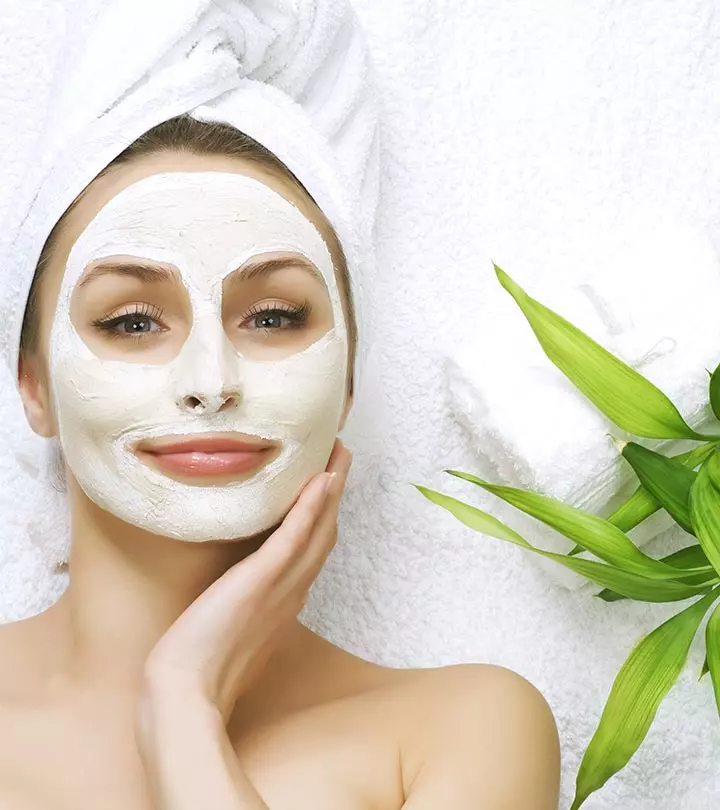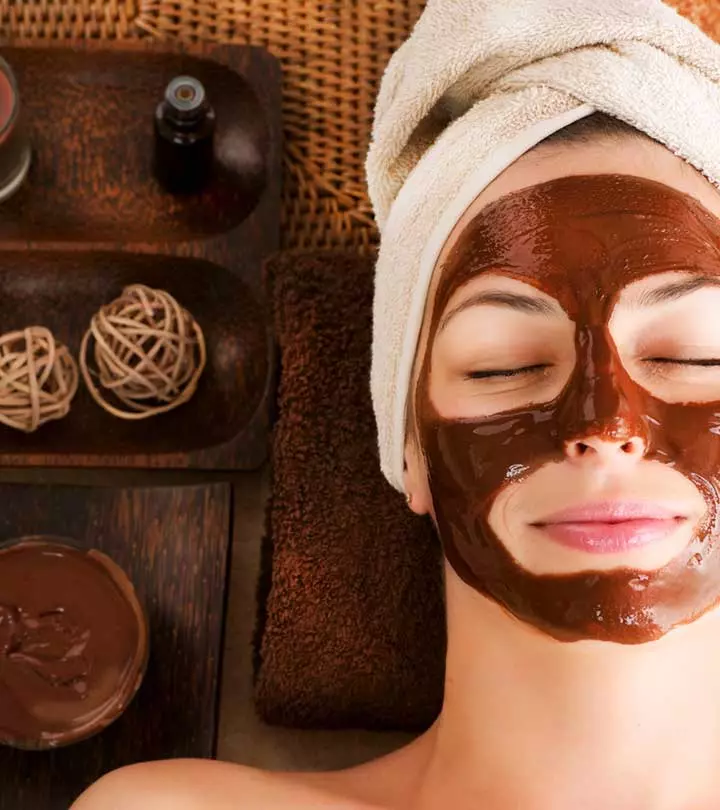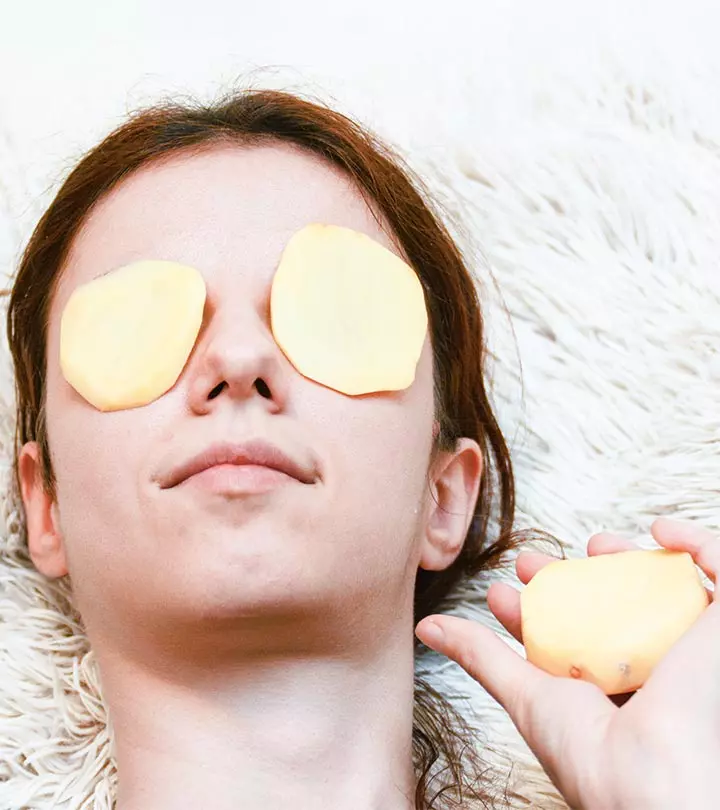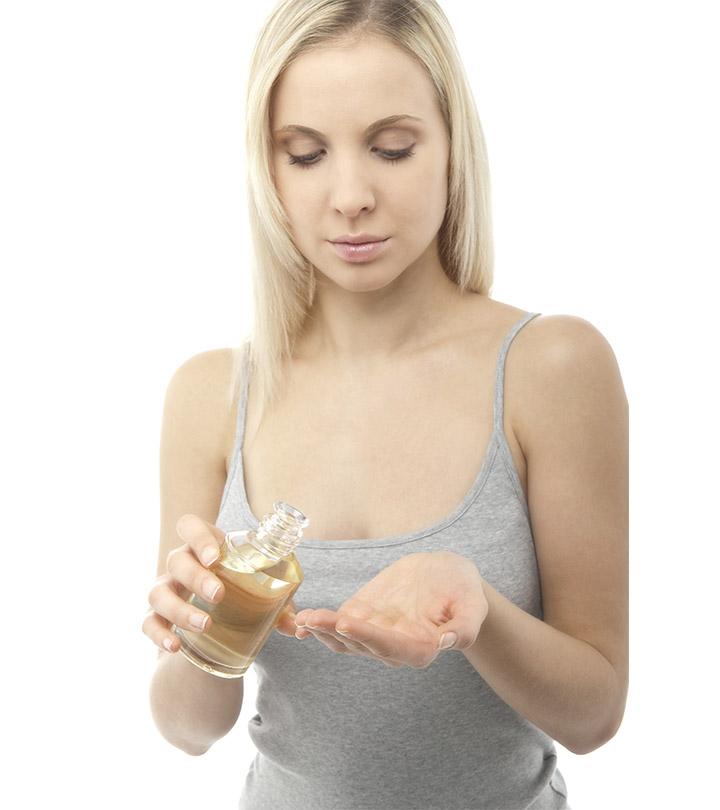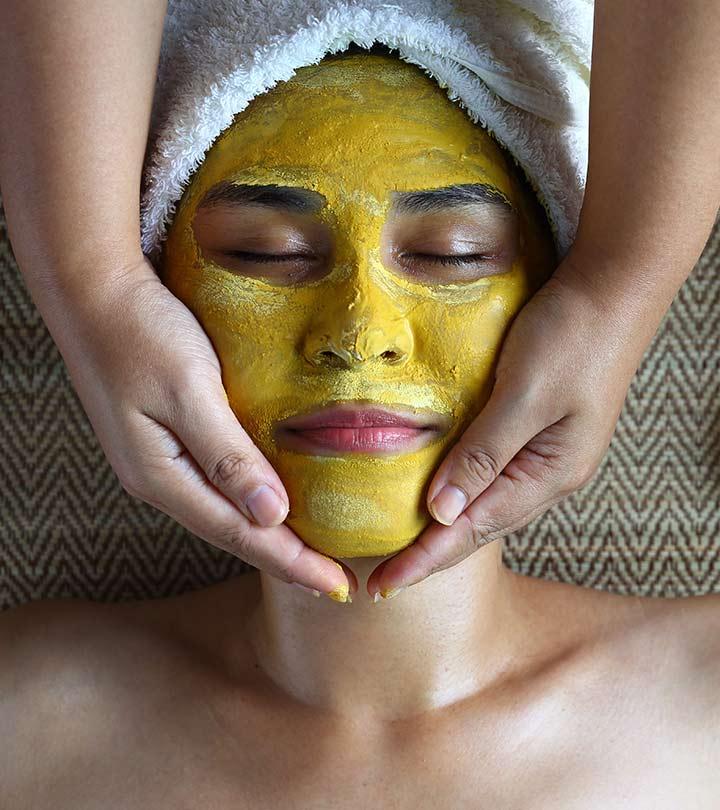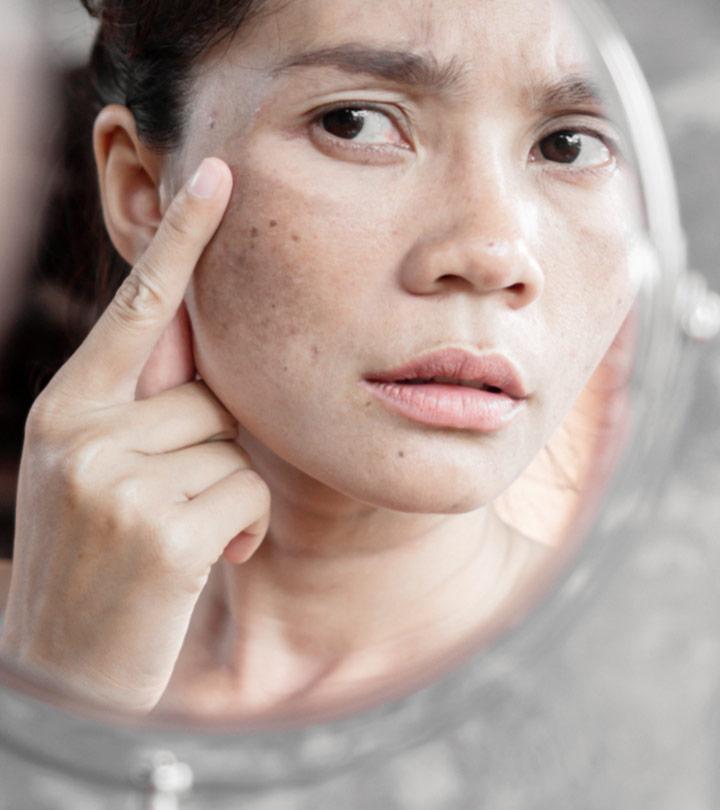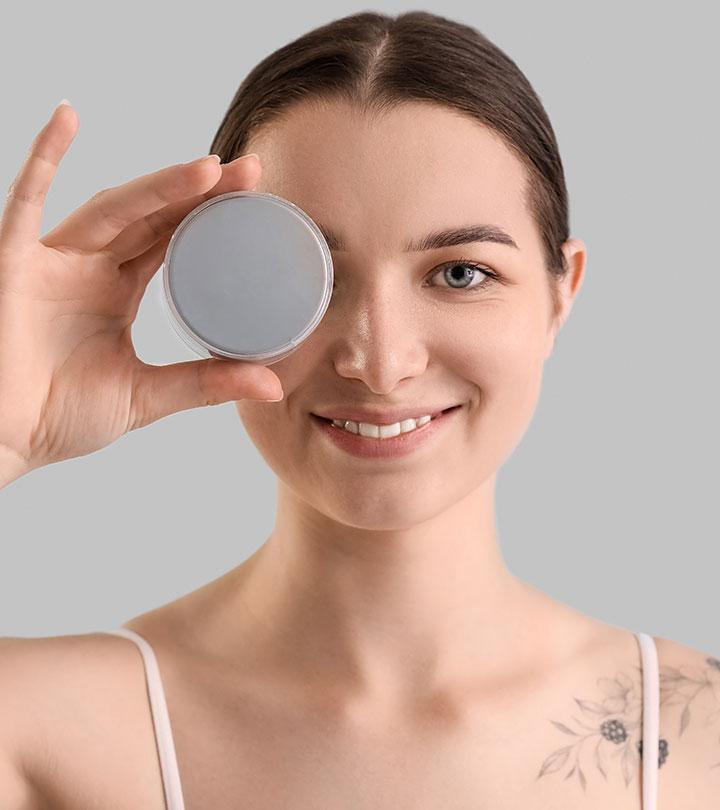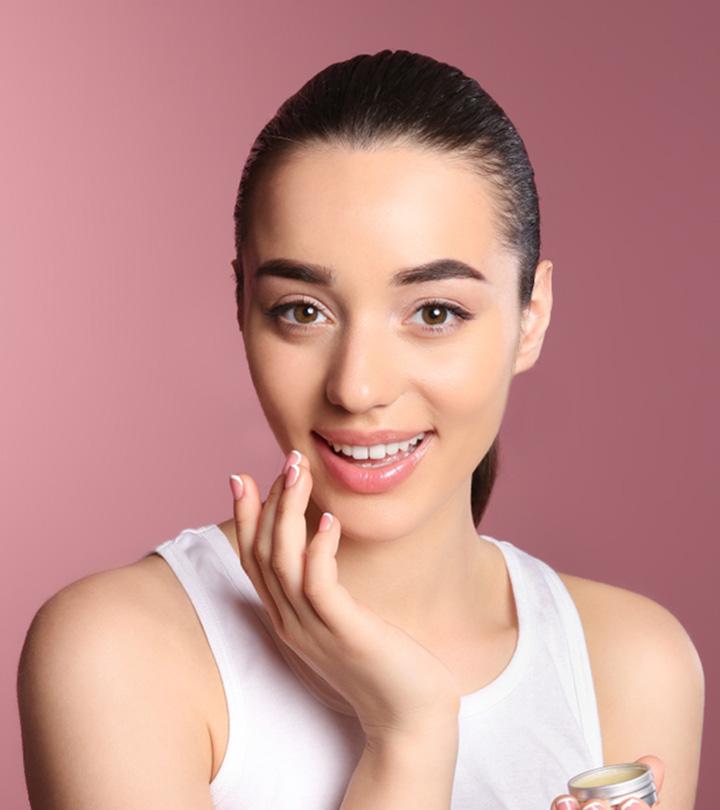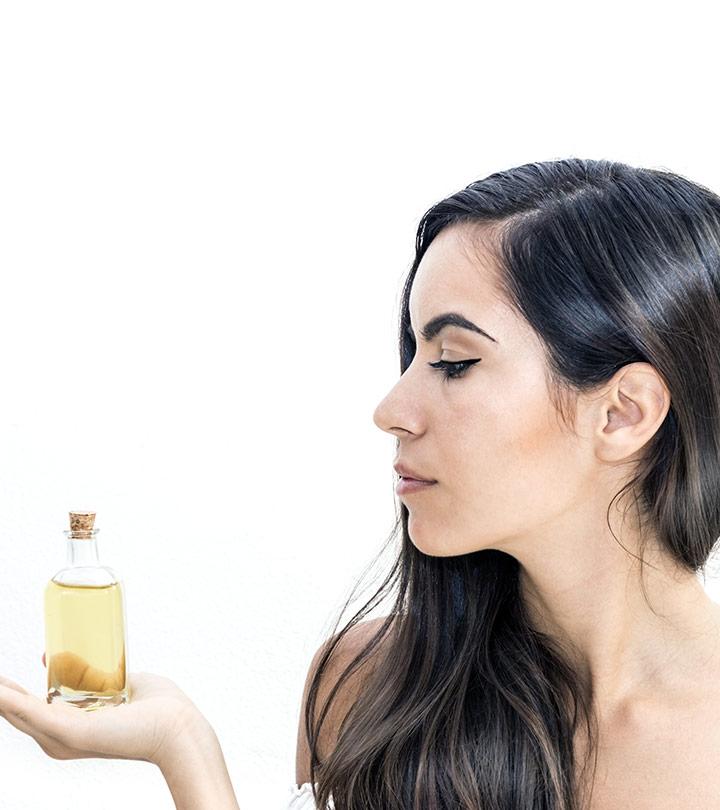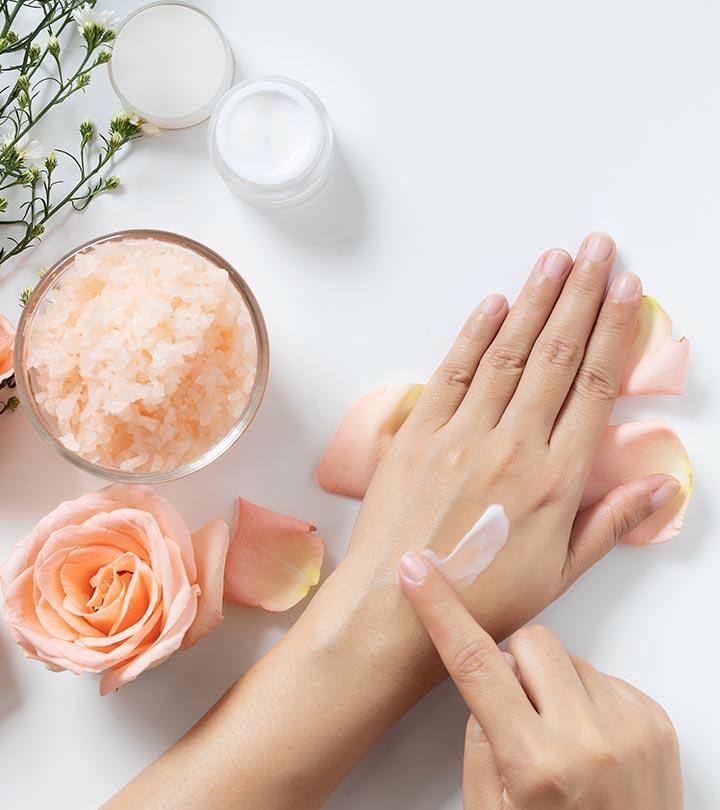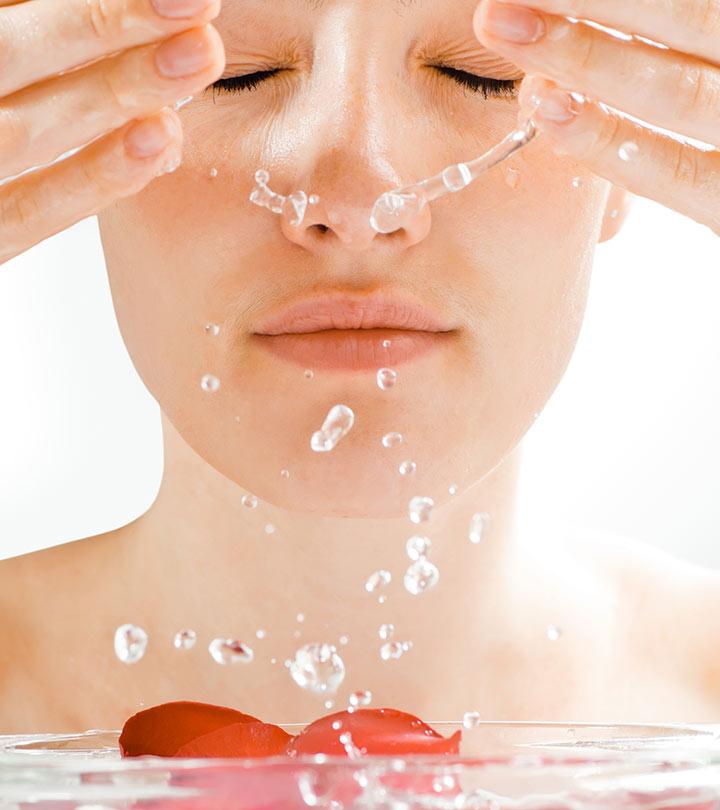16 Must Know Beauty Tips For Sensitive Skin
Eating healthy food and following a proper skincare routine is essential to protect your skin.
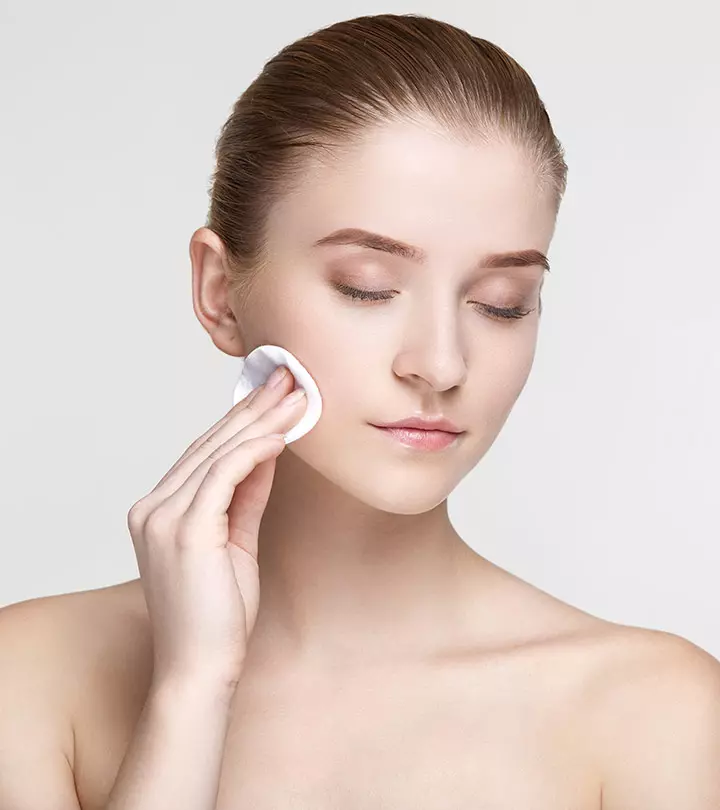
Image: Shutterstock
Taking care of sensitive skin is not easy, and maintaining its beauty is even more difficult. If you have sensitive skin and are looking for beauty tips, you have come to the right place. Here, we have listed a few beauty tips for sensitive skin that will help you achieve clear and glowing skin—interested to know more? Keep reading.
Also, let us take a short quiz to find out the sensitivity of our skin before delving deep into the skincare tips.
In This Article
Quiz: Is your skin sensitive?
- Notice soon after washing your face. Is your skin feeling tight or uncomfortable?
- Are you getting those red spots and rashes more often than others?
- Is your skin getting burnt or tanned easily even if you are out in sun for a short time?
- Is your skin feeling uncomfortable with most of the cosmetics?
- Does your skin reacts adversely to chemical and artificial colored cosmetics?
- Are you suffering form premature wrinkles and fine lines?
- Is your skin itchy or prone to flaky dry patches?
In a systematic review and meta-analysis of 26 studies involving 51,783 individuals from 18 countries, the global prevalence of self-declared sensitive skin was found to be 71% in the general population and 40% among individuals with moderate to very sensitive skin. The data also indicated that both men (33%) and women (45%) were affected by sensitive skin even though it’s more common among women.
If your answer is ‘yes‘ for most of the questions, then no doubt your skin is sensitive in nature. Extra care and maintenance in required to protect your sensitive skin from the environment and prevent it from getting damaged. Now let us see what practices can be followed and what natural remedies work in aiding your work towards sensitive skin care.
Beauty Tips for Sensitive Skin:
Here’s a list of best 16 sensitive skin care tips:
1. Watch what you’re buying:
Sensitive skin unfortunately does not react well with all types of ingredients that are present in the products. It is very important to know the ingredients present in the product you’re buying to avoid any skin irritation which can occur after using. Many beauticians do skin tests just to find out the right product that shall suit your skin type.
Look for gentle products that are non-irritating and pH-balanced. It’s important to consider using dermatologist-recommended non-comedogenic products when choosing exfoliation techniques and soothing treatments.
2. Skin test for sensitive skin:
Like I mentioned above, it is very important to have a skin test done before using a new product on your face or trying a new brand of cosmetics altogether. There are several ‘calming remedies for skin’ featuring natural ingredients that claim significant redness reduction on the internet. However, they may aggravate your condition and lead to an adverse reaction, hence allergy testing is vital. Just put a small amount on your skin, not the face, for 48 hours to see any skin reaction.
3. Moisturize your skin:
Having a healthy skin care regime is very important for all skin types, especially the sensitive skin types that require water to be locked in to prevent it from drying. Use a moisturizer that suits your skin, preferably organic. Many cosmetic companies have come out with special moisturizing creams specially made for sensitive skin. Try one of them to get good results.
4. Check what you eat:
This is something that you’d read in every post talking about clear and radiant skin. It is very important to check your diet. Healthy eating habits flush out toxins and give you glowing skin. These lifestyle changes and hydration techniques can support your skin health. Drink lots of water and fresh juices to keep your skin hydrated. This is the most important of beauty tips for sensitive skin. Some foods may react adversely on your skin and increase sensitivity. Analyze and avoid them.
 Quick Tip
Quick Tip5. Keep away from the sun:
Too much heat damages skin cells and can often cause skin rashes and diseases. Harmful ultraviolet rays of the sun should be avoided by wearing sunglasses and using sunscreen lotions with high SPF. Also don’t step in the sun as much as possible.
6. Wash your face:
Washing your face not only hydrates your skin but also helps to clean out impurities that might be clogging your pores. Always pat your skin to dry. Avoid rubbing.
However, practice caution and avoid overwashing your face as it can strip your skin of its natural moisture. This can result in dry and more sensitive skin.
 Quick Tip
Quick Tip7. Take care of your eyes:
Skin around the eyes is very sensitive compared to the rest of the face. Therefore, it becomes even more important that you use good quality eye creams and cleansers every night before going to sleep.
8. External factors for sensitive skin:
It’s not just what you’re eating, some external factors such as smoking, stress, lack of sleep or excessive pollution can cause sensitive skin to flare up with rashes and may also cause even bigger skin problems.
9. Use facial cleansing wipes:
Instead of using harsh towels, try alcohol-free facial wipes that require you to pat your skin rather than rub it.
10. Overall care for sensitive skin:
Not just your face, your entire body needs love and care. Use soap-free shower gels and moisturizers that suit your skin to make it soft and supple. And always select a non-comedogenic product that is calming in nature.
11. Choose Cosmetics Carefully:
When looking for makeup for sensitive skin, always choose cosmetic products which are “Fragrance-free”. This is because most cosmetics with fragrances may react on sensitive skin and create problems. It is also much better if you choose products labeled “No artificial colors.”
12. Use Products Carefully:
Never test on new products, especially before an outing or a party. They may worsen your skin condition and spoil the whole look. Always go for products that you have experienced before or the ones your dermatologist prescribes.
13. Use Mild Cleansing Agents:
Avoid using soaps and face washes that contain harsh chemicals and preservatives as they may dry and damage your sensitive skin, which can cause allergies. Opt for mild hypoallergenic cleaners instead.
14. Effective Toner:
Don’t use alcohol toners on your skin. Dab fresh rose water over your skin using a clean cotton pad.
15. Yogurt + Oatmeal:
Yogurt and oatmeal can be blended together to make a homemade face mask for sensitive skin types. They gently remove the dead cells and tan without stripping off moisture. Regular usage gives you flawless skin.
Shivangi, a beauty vlogger, spoke about her experience of using a DIY face mask made of oatmeal, yogurt, honey, and banana in her video. She said, “My skin feels so clear and fresh and mostly it feels really hydrated (i)”
16. Drink More Water:
Last but not least, drink plenty of water. Haven’t you heard that water makes skin glowing and beautiful?
Infographic: 6 Top Beauty Hacks For Sensitive Skin
Sensitive skin needs special attention to maintain its health. Using gentle products, following a proper skin care routine, and avoiding products that trigger adverse reactions can help protect this skin type. We have curated a list of proven beauty hacks for sensitive skin. Check out the infographic below to know more.

Illustration: StyleCraze Design Team
Sensitive skin necessitates special care. Because delicate and sensitive skin cannot tolerate aggressive, chemical-based products, you must be very careful when you apply any ingredients. Any wrong product might cause your face to become red, irritated, and rashy. Certain eating habits can also aggravate redness on sensitive skin. Extreme temperatures and UV light should also be avoided as much as possible. Follow these simple tips to help you get through the tough winter while providing radiant and cheerful skin. Keep in mind that the less stress you put on your skin, the better it will behave!
Frequently Asked Questions
Is aloe vera good for sensitive skin?
The soothing, moisturizing, and anti-inflammatory properties of aloe vera make it a good choice for sensitive skin (1). Use fresh aloe vera gel or an aloe vera product that suits your skin.
Is coconut oil good for sensitive skin?
Yes, coconut oil is good for sensitive skin due to its emollient properties. The anti-inflammatory properties of coconut oil help soothe the skin and improve the skin barrier function as well (2). Be careful if the skin is acne-prone.
Is vitamin C good for sensitive skin?
Yes, using vitamin C may help improve sensitive skin. The anti-inflammatory properties of vitamin C may promote healing of the skin and improve its texture (3). Choose a water-based vitamin C product over the gel and oil-based ones.
Key Takeaways
- Using gentle products specifically created with special ingredients for sensitive skin is a good step.
- Testing products on a small surface area (patch test) before using them is important in case of sensitive skin.
- Sun protection becomes even more imperative for people with sensitive skin, as it sustains damage greater and quicker.
- Sensitive skin enjoys hydration. Make sure you moisturize your skin regularly and drink plenty of water.
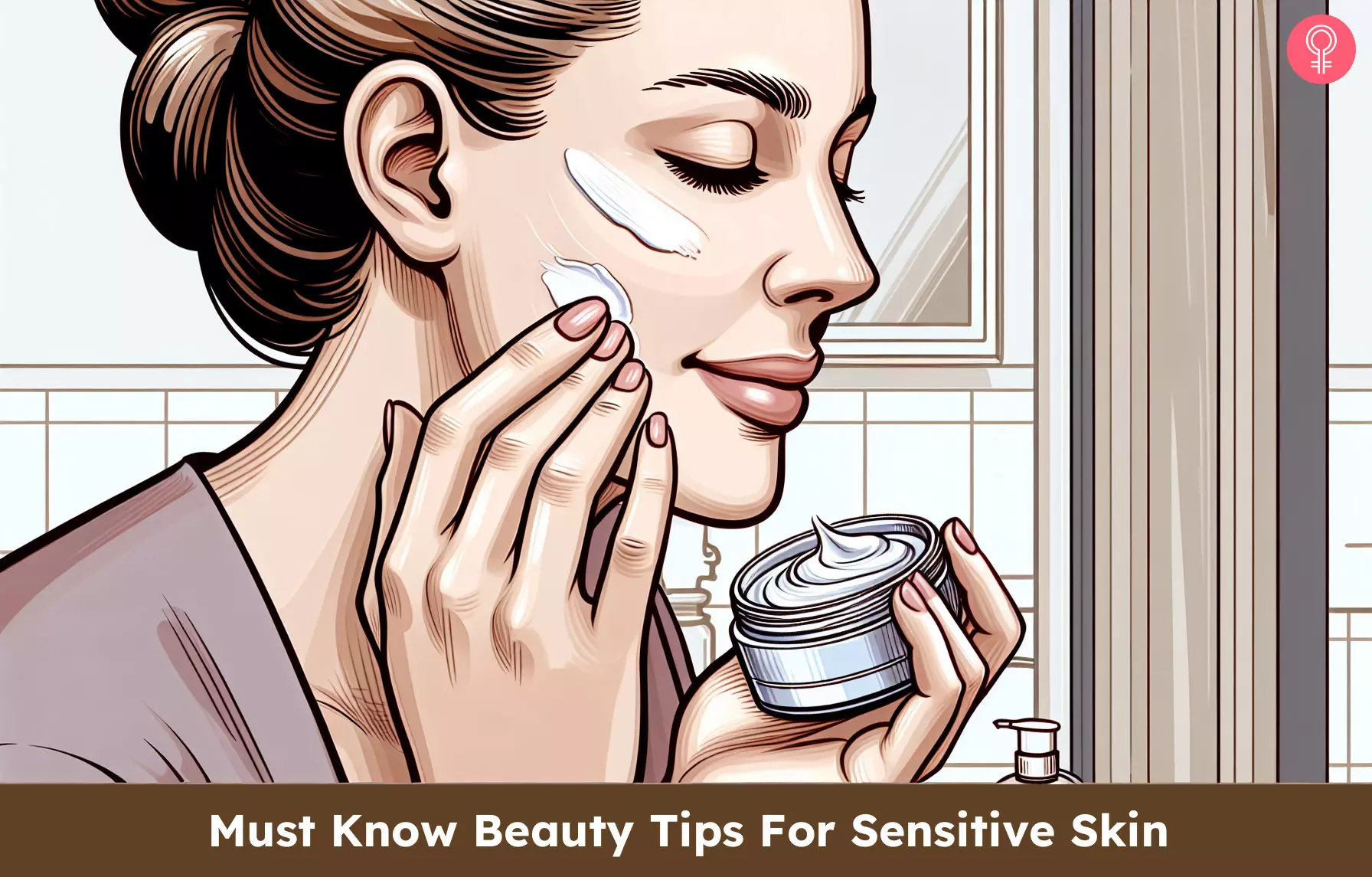
Image: Dall·E/StyleCraze Design Team
Discover how to take care of your sensitive skin effectively. Click on this video to get some common tips and tricks on how to keep your skin healthy and glowing.
Personal Experience: Source
StyleCraze's articles are interwoven with authentic personal narratives that provide depth and resonance to our content. Below are the sources of the personal accounts referenced in this article.
i. DIY Face mask for clear, glowing and acne free skin | Oatmeal Banana Yogurt Honeyhttps://www.youtube.com/watch?v=9xG8CAfaxgE
References
Articles on StyleCraze are backed by verified information from peer-reviewed and academic research papers, reputed organizations, research institutions, and medical associations to ensure accuracy and relevance. Read our editorial policy to learn more.
- In vitro anti-inflammatory and skin protective properties of Virgin coconut oil
https://www.ncbi.nlm.nih.gov/pmc/articles/PMC6335493/ - Aloe Vera: A Short Review
https://www.ncbi.nlm.nih.gov/pmc/articles/PMC2763764/ - Vitamin C in Dermatology
https://www.ncbi.nlm.nih.gov/pmc/articles/PMC3673383/
Read full bio of Dr. Reema Das Mallik
Read full bio of Ramona Sinha
Read full bio of Swathi E












